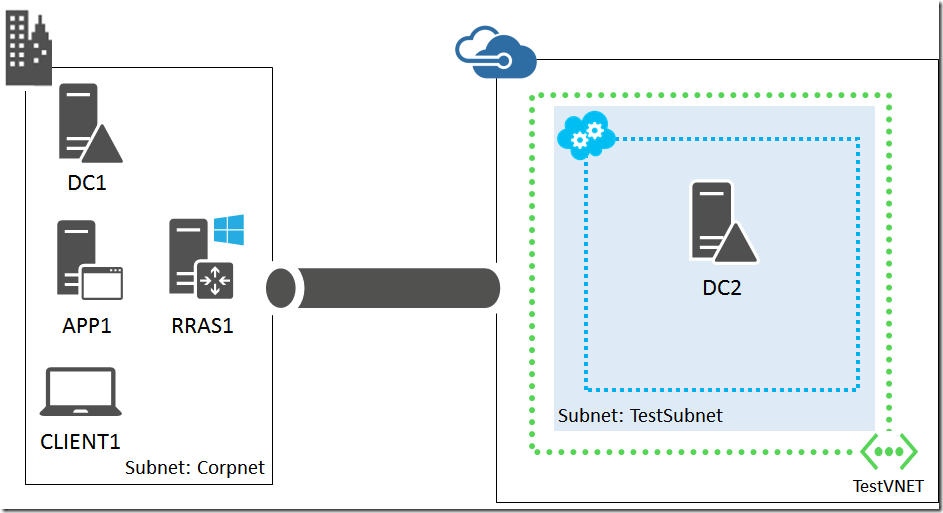Mozilla has open-sourced node-firefox, a collection of Node.js modules to help developers create Firefox OS apps.
The modules allow developers to interact with Firefox using Mozilla’s DevTools remote protocol in their already existing Node.js tool chains, but through Mozilla’s WebIDE tool in a more terminal-based experience. Each module performs a different task in a separate repository, ultimately published to the npm registry.
Current node-firefox module capabilities include port discovery, runtime connections, simulator launching and reloading style sheets. The modules can also install, uninstall and launch apps. Mozilla is exploring the possibility of adding WebCLI integration, DevTools debugger attachments and Firefox OS custom editions.
More information can be found in a Mozilla blog post, and node-firefox is available on GitHub.
Git 2.3 released
Version 2.3 of the Git command-line utility has been released with new features, performance improvements and bug fixes.
The most prominent new feature in Git 2.3 is push-to-deploy, allowing developers to push changes directly to the repository on their servers. The release also adds faster cloning by borrowing objects from existing clones, more flexible ssh invocation, and better scripting in the Git credential subsystem.
The full release notes and feature list is available in a GitHub blog post.
Microsoft releases new set of hybrid Azure cloud test environments
Microsoft has published a new set of guides for various hybrid cloud testing scenarios on Azure.
Microsoft technical writer Joe Davies detailed the new hybrid cloud test environments in an Azure blog post. The four guides cover setting up a hybrid cloud testing environment and setting up a SharePoint intranet farm, a Web-based LOB application, and Office 365 directory synchronization in a hybrid testing cloud.
The documentation for each hybrid cloud testing environment is available in the blog post.






